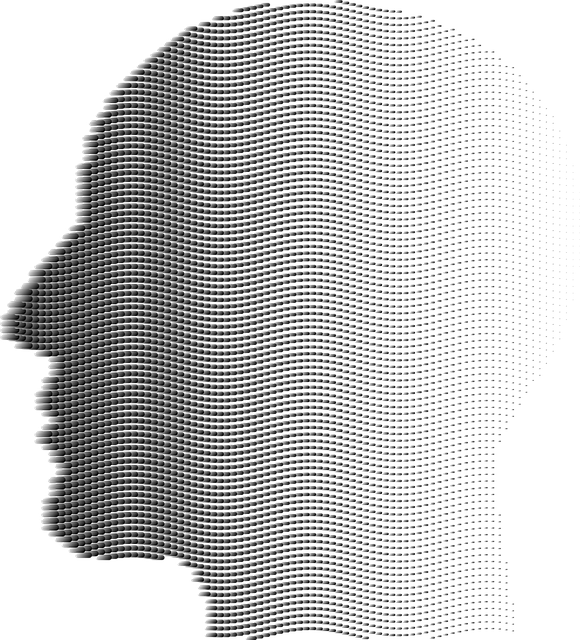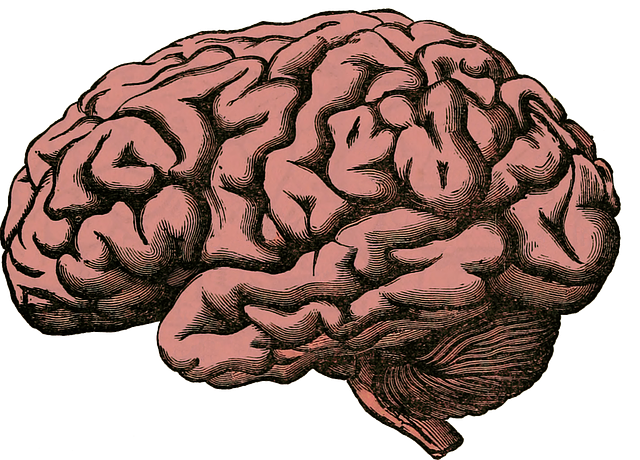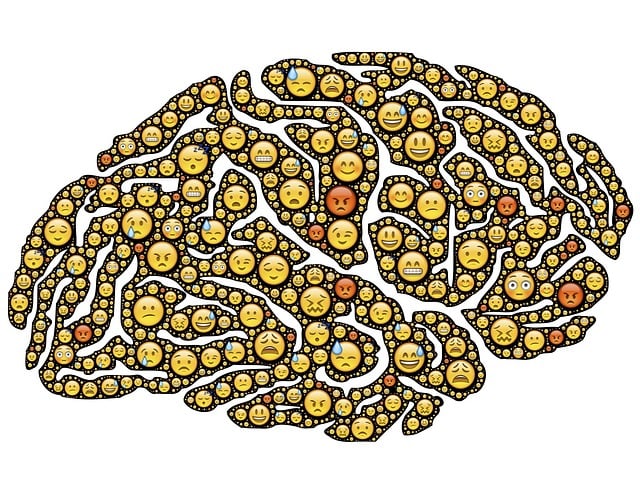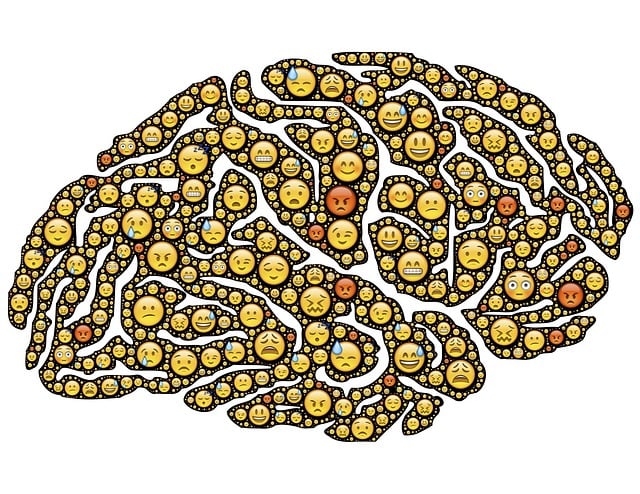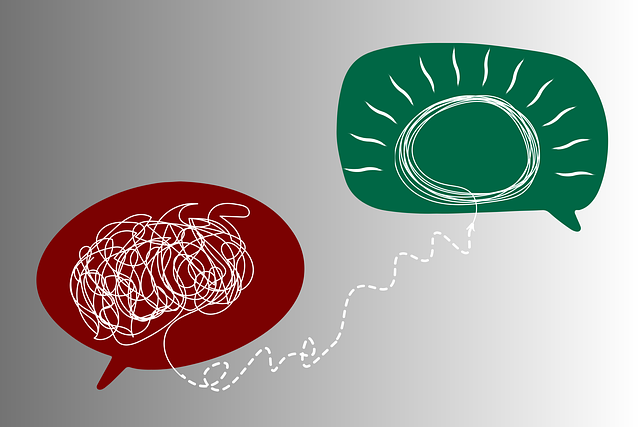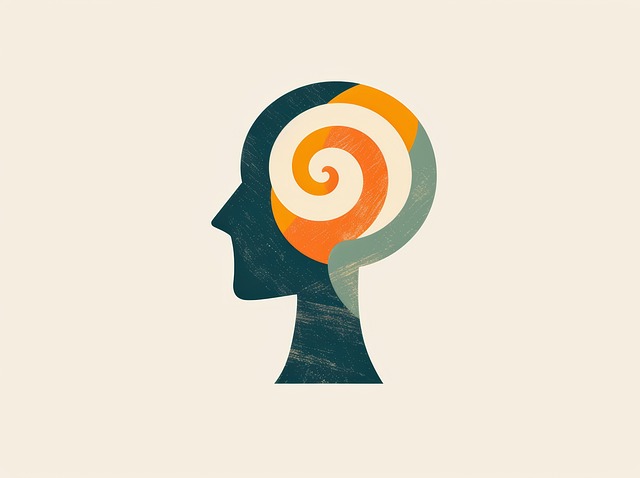Understanding mental health data collection for adult phobias is crucial for enhancing therapy outcomes and access to mental wellness. Through structured interviews, questionnaires, and self-report measures, professionals gather comprehensive information about fear experiences, symptoms, and daily life impact. This data enables the development of targeted interventions like therapy for adults with phobias, integrating self-care routines and coping skills. In analysis, preprocessing and cleaning are vital to address missing data, outliers, and biases. Integrating qualitative and quantitative methods helps tailor treatment strategies, while data-driven insights support public awareness campaigns to reduce stigma. Ethical considerations, recognizing individual variations in therapeutic outcomes, ensure nuanced interpretations for effective emotional healing processes.
Mental health data analysis plays a pivotal role in understanding and treating adult phobias. Effective therapy evaluation relies on accurate interpretation of collected data, which can be complex due to varying presentation and severity of phobias. This article delves into the intricacies of mental health data collection for adults with phobias, explores preprocessing techniques to ensure robust analysis, examines common analytical methods in therapy assessment, discusses ethical considerations in interpreting findings, and highlights how this knowledge informs tailored treatment strategies. Key focus is placed on leveraging data-driven insights for enhancing therapy for adults with phobias.
- Understanding Mental Health Data Collection for Adult Phobias
- Preprocessing and Cleaning Techniques for Accurate Analysis
- Common Analytical Methods in Therapy Evaluation
- Interpreting Findings to Inform Treatment Strategies
- Challenges and Ethical Considerations in Data Interpretation
Understanding Mental Health Data Collection for Adult Phobias

Understanding Mental Health Data Collection for Adult Phobias is a crucial step in improving therapy outcomes and access to mental wellness. Effective data collection involves gathering comprehensive information about an individual’s fear-related experiences, symptoms, and impact on daily life. This process often includes structured interviews, questionnaires, and self-report measures tailored to assess specific phobia types. By analysing these data points, mental health professionals can gain valuable insights into the nature and severity of the phobia, enabling them to develop targeted interventions like therapy for adults with phobias.
Integrating self-care routine development for better mental health and coping skills development are essential components of this process. Encourage individuals to track their triggers, avoidance behaviours, and any coping mechanisms they use. This data enriches the therapeutic dialogue, allowing practitioners to personalize treatment plans that address not just symptoms but also underlying contributors to phobia formation.
Preprocessing and Cleaning Techniques for Accurate Analysis

In the realm of mental health data analysis, preprocessing and cleaning techniques are indispensable for achieving accurate insights. These initial steps involve meticulous examination and transformation of raw data to ensure its quality and consistency. For instance, in analyzing therapy outcomes for adults with phobias, researchers must address missing values, outliers, and potential biases present in the dataset. Employing advanced imputation methods and statistical techniques helps fill gaps in information while maintaining data integrity.
Additionally, normalizing and standardizing data are crucial to facilitate meaningful comparisons. This involves transforming variables into a common scale, especially when integrating diverse measurement tools. By applying these preprocessing strategies, researchers can uncover valuable patterns and trends within the data, such as identifying factors influencing positive thinking or evaluating the effectiveness of Stress Management Workshops Organization programs in reducing symptoms associated with mental illness stigma reduction efforts.
Common Analytical Methods in Therapy Evaluation

In the realm of therapy evaluation, several common analytical methods help mental health professionals assess and interpret patient progress. One widely used approach involves qualitative data analysis, where therapists meticulously examine notes from therapy sessions to identify patterns, triggers, and significant changes in the client’s emotional state or behavior. This method is especially crucial in understanding complex cases, such as adults suffering from specific phobias. By analyzing language, tone, and non-verbal cues, therapists gain valuable insights into the patient’s internal world, aiding in tailoring treatment strategies for optimal results.
Quantitative methods also play a significant role, particularly when assessing risk factors and outcomes. These techniques include surveys, questionnaires, and standardized assessment tools that measure various aspects of mental health, such as anxiety levels, depression symptoms, or trauma resilience. For instance, the Risk Assessment for Mental Health Professionals can help identify patients at higher risk of relapse or suicide, enabling more intensive Trauma Support Services. Additionally, integrating Mindfulness Meditation practices has shown promise in reducing anxiety and improving overall well-being, providing another data-driven approach to therapy evaluation and treatment planning.
Interpreting Findings to Inform Treatment Strategies

Interpreting data from mental health analyses is a crucial step in designing effective treatment strategies, particularly for conditions like adult phobias. By examining trends and patterns within the collected data, researchers and healthcare providers can gain valuable insights into the severity, prevalence, and unique manifestations of specific fears or anxieties. This process involves identifying key indicators that may predict outcomes, such as demographic factors, co-occurring disorders, or adherence to therapeutic interventions. For instance, understanding that certain phobias tend to cluster with other anxiety disorders can inform comprehensive therapy for adults with complex psychological presentations.
Applying the mind over matter principles, healthcare providers can use these interpretations to adapt treatment plans, ensuring they are tailored to individual needs. This may involve incorporating specific exposure therapies or cognitive-behavioral techniques known to be effective for particular phobias. Furthermore, public awareness campaigns development can leverage data-driven insights to educate communities and reduce the stigma associated with mental health conditions, fostering an environment more conducive to successful therapy outcomes.
Challenges and Ethical Considerations in Data Interpretation

Analyzing mental health data involves navigating complex ethical terrain. As we delve into patterns and trends, several challenges emerge. For instance, interpreting symptoms and behaviors within diverse cultural contexts requires sensitivity to avoid misdiagnosis or misinterpretation. Additionally, data privacy and confidentiality are paramount; ensuring secure handling of sensitive information is non-negotiable. The potential for bias in data collection methods, such as self-reporting, must also be considered, as personal perspectives can influence outcomes.
Ethical interpretation demands a nuanced approach, especially when addressing issues like adult phobias. For example, while data might highlight the effectiveness of certain therapies, it’s crucial to remember that therapy for adults with phobias is a personalized process. What works for one individual may not be suitable for another. Promoting emotional healing processes requires a balanced view that incorporates both empirical evidence and the unique needs and experiences of each person. Encouraging self-care routine development for better mental health, as indicated by data trends, should be coupled with an understanding of potential barriers and individual differences.
Mental health data analysis plays a pivotal role in understanding and treating adult phobias, with various analytical methods enhancing therapy evaluation. By employing robust preprocessing techniques and considering ethical interpretations, professionals can develop tailored treatment strategies. This article has explored the intricacies of data collection, from understanding phobia-specific challenges to navigating ethical dilemmas. Through proper analysis, mental health practitioners can unlock valuable insights, ultimately improving the effectiveness of Therapy for Adults Phobias.




